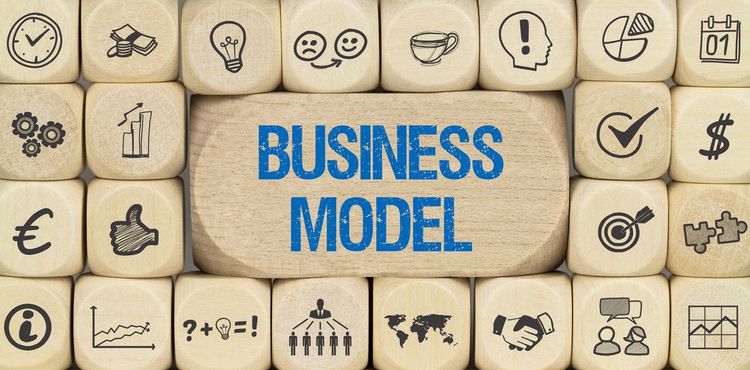Starting a small business is an exciting and challenging endeavour. One of the most important decisions you'll make is selecting the right business model. Your business model not only defines how you generate revenue but also sets the tone for your operations, customer interactions, and long-term growth. Fortunately, there exist several proven business models that have successfully guided numerous small businesses across various industries. Each comes with its own advantages, challenges, and unique fit depending on your goals and audience. Below, we’ll explore some of the top business models promising success for small business owners today.
Direct Sales Business Model
The direct sales business model is one of the oldest and most straightforward methods of doing business. It involves selling your products or services directly to the customer, cutting out the need for a middleman. Whether it’s door-to-door sales, pop-up shops, or modern-day methods like hosting online sales events, this model allows you to establish a personal connection with your customers. Small businesses often favour this approach because it provides complete control over pricing, branding, and customer experience. However, for it to be effective, direct sales requires a robust network, strong relationship-building skills, and a customer-first mindset to foster trust and loyalty.
Subscription Business Model
The subscription model has gained widespread popularity, and with good reason! It offers predictable recurring revenue and fosters customer loyalty. This model works by charging customers on a recurring basis, usually weekly, monthly, or yearly, in exchange for products or services. Think of subscription boxes delivering curated goodies or software services like streaming platforms. One of the biggest advantages of this model for small businesses is the ability to better forecast revenue, making financial planning more manageable. However, it also requires a steady flow of value for customers, ensuring they stay engaged and committed to the subscription beyond the initial trial phases.
Franchise Model
Building a business from scratch can be daunting, so some opt for a franchise model instead. This model involves buying the rights to operate an already successful brand in a specific location, following their proven systems. For small business owners, this model offers the benefit of entering into a business with an established customer base, brand recognition, and marketing strategies—making it easier to turn a profit faster. However, it’s important to consider that franchising often means you’ll have less freedom to innovate or steer the business as you like since you’ll need to adhere to the franchisor’s guidelines and systems.
E-Commerce Business Model
The rise of digital technology has made the e-commerce business model highly accessible for small businesses. Whether you’re selling handmade crafts, boutique fashion, or tech products, the ability to reach a global audience through an online shopfront is revolutionary. This model thrives on convenience, offering 24/7 access to your products while reducing the cost of maintaining a physical storefront. Platforms like Shopify, Etsy, and Amazon make starting an e-commerce business easier than ever. That said, competition is steep in the online space, so investing in strong digital marketing strategies and user-friendly website design is crucial for attracting and retaining customers.
Freemium Business Model
The freemium model is especially popular in industries like software and digital services. It involves offering a basic version of your product or service for free while charging for premium features or advanced versions. By offering a free tier, you lower the barrier to entry for potential customers, allowing them to explore your offerings risk-free. Small businesses that implement the freemium model often rely on the quality of their product to convince users to upgrade to paid tiers. The key to success here is finding the right balance between free and premium offerings so that your business stays profitable while still offering genuine value at no cost.
Agency Business Model
The agency model caters to small businesses that provide services rather than physical products. Common examples include marketing agencies, creative consultancies, content creation services, and more. This model operates by offering specialised skills or outcomes to clients, often on a project-by-project or retainer basis. What makes the agency model appealing for many entrepreneurs is its scalability—you can start solo and gradually expand into a team-based operation as demand grows. However, building an agency does require strong expertise in your chosen field and the ability to consistently meet (or exceed) client expectations.
Conclusion
Choosing the right business model for your small business is a decision that deserves careful thought and planning. It’s not just about what feels trendy—it’s about understanding your strengths, identifying your target audience, and aligning your operations with long-term goals. Whether it’s direct sales, subscriptions, franchising, e-commerce, freemium, or an agency setup, the right model can transform your passion project into a thriving business.
The key to long-term success lies in adaptability. Over time, your customers’ needs and the market landscape may change. By staying attuned to these changes and remaining open to evolution, your small business can weather challenges and reach new heights.




